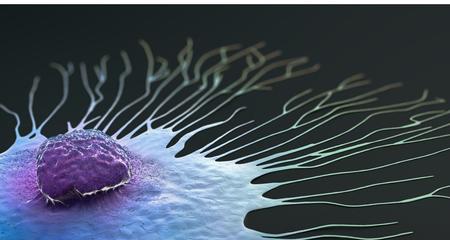Extensive research has shown that surgical reconstruction of the breast following mastectomy can help women regain their sense of wholeness. Not every breast cancer patient requires reconstructive plastic surgery, and some choose not to have it. But for women who opt for reconstruction, it is often an important step in their personal recovery. Patients who opt for a lumpectomy (breast conserving therapy) may also choose breast reconstruction if the removal of the tumor and surrounding tissue significantly changes the shape of the breast.
While a mastectomy on only one breast is more common, bilateral mastectomies (removal of both breasts) are performed in many women. Women with the BRCA gene mutation, may opt for a double mastectomy to remove both breasts before any sign of cancer. These patients are also ideal candidates for DIEP flap or SIEA flap breast reconstruction.
Breast Reconstruction Process
Breast reconstruction can start at any time after your mastectomy - immediately following the cancer surgery (before the patient is out of the OR) or 30 years later. Your reconstruction may use your own tissue or implants.
The Breast Cancer Program includes board-certified plastic surgeons who are specially trained in the latest breast reconstruction techniques. Most commonly, the DIEP flap and SIEA flap are used in breast reconstruction immediately following mastectomy for breast cancer. Increasingly, women who did not have breast reconstruction right after their mastectomies mastectomy are pursuing delayed breast reconstruction, or reconstruction years after their mastectomies.
The timing and technique will depend on your cancer treatment plan, including the need for chemotherapy or radiation. Your overall health and personal preference also play a role in timing.
Mammograms and the COVID-19 Vaccine – What You Should Know
Swelling of the lymph nodes is a known side effect of the COVID-19 vaccine as well as other vaccines. Although it is temporary and not harmful, these enlarged lymph nodes may be seen on your mammogram. Because swollen lymph nodes can indicate breast cancer, we may call you back for additional evaluation and possible follow-up imaging.
Virtual Visits Are Available
Safe and convenient virtual visits by video let you get the care you need via a mobile device, tablet or computer wherever you are. We’ll gather your medical records for you and get our experts’ input so we can offer treatment options without an in-person visit. To schedule a virtual visit, call 1-866-680-0505.
More to Explore





